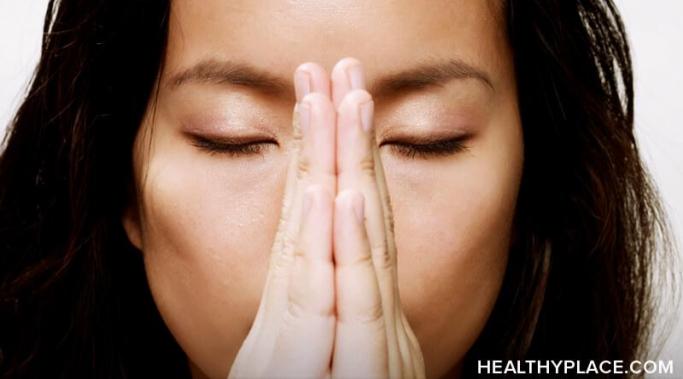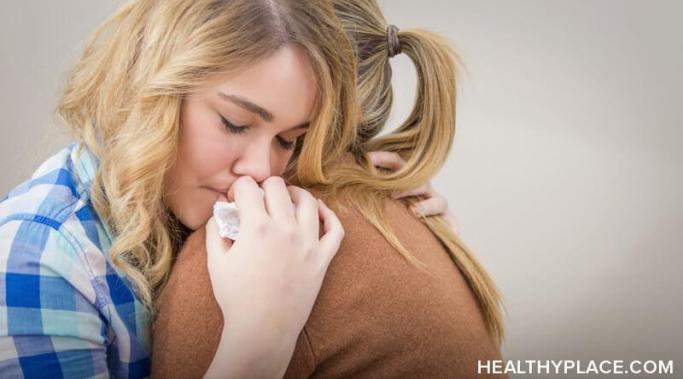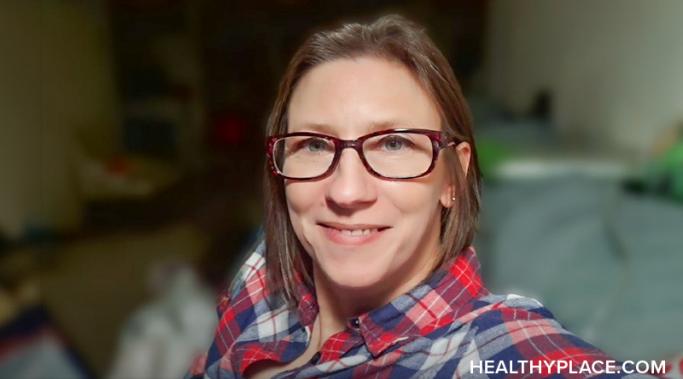Blogs
Believe it or not, a mundane trip to the grocery store helped me learn to enjoy food again. The year was 2019. I had recently moved across the United States from Florida to Arizona. And in my new zip code, there was a Trader Joe's on almost every corner. I am aware that makes me come across as a basic Millennial stereotype (which I own, for the record), but living near Trader Joe's has proven to be a crucial milestone in my eating disorder recovery. Here's how this grocery store helped me learn to enjoy food again—and to eat what I love without shame.
For some people, an all-or-nothing mentality can be one of the possible results of verbal abuse. However, it isn't just verbally abusive actions that can cause this. Anxiety, depression, and low self-esteem are also commonly linked to an all-or-nothing mentality.
Forced gratitude happens thanks to the fact that gratitude is trendy -- it's been in for a couple of years now. And whenever something becomes popular, many of us jump on the bandwagon. Of course, it may be that practicing gratitude benefits your mental health. But what if your gratitude isn't genuine but forced? Can it then backfire and harm your mental health? Let's take a look.
Code-switching in borderline personality disorder (BPD) is something I've been trying to understand lately. I know so far that it's a survival strategy I've clung to in a reality where the threat of rejection casts its shadow over everything.
I am an introvert who is coping with depression. Being introverted is a personality trait where I thrive on independence and recharge mentally when alone. I can also become emotionally drained when I'm in social settings, including at work. So, how am I, as an introvert, supposed to reach out for help and not become entirely isolated when I'm experiencing an episode of depression? Even though it has been difficult, within the last year, I have come up with some ways of coping with my depression that do not emotionally drain me but allow me not to become isolated.
Twenty years after being sexually assaulted, my childhood trauma made me sick. At the age of 24, I learned — the hard way — that if you ignore your emotions for too long, they will find other ways to get your attention, and even childhood trauma can make you sick.
My name is Dawn Gressard, and I am ecstatic to be a new writer for the "Coping with Depression" blog at HealthyPlace. As a trainer of peer support specialists, I know how vital it is to share similar lived experiences with others, not only for our coping with depression and recovery but for others’ coping as well. It is always easier to endure the journey when you know you are not alone -- and none of us are.
About 16 years ago, I was prescribed an antipsychotic for my schizoaffective disorder, and it triggered obsessive-compulsive disorder (OCD) symptoms. Here are some of the ways I acted with schizoaffective disorder and OCD.
Two common responses to verbal abuse include fawning and appeasement. Although they share some similar characteristics, each is unique and can produce alternative results. I used to think appeasement was the same as fawning, but I was wrong.
One of the problems I have found when dealing with anxiety is not knowing why I'm anxious. Overall, throughout the years, I've been able to build my resilience to stress, and as a result, I can cope more effectively when I'm experiencing a stressful situation. But, part of the problem with having an anxiety disorder is that, even if you've felt fairly well for quite some time, you can still experience a resurgence of anxiety symptoms. Even during the happiest times in my life, I've had to be aware of anxiety triggers and how they may affect me when I least expect it, even when I don't know why I'm anxious.









